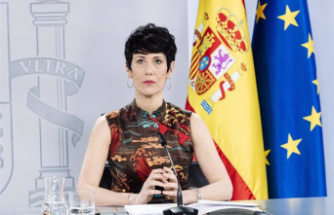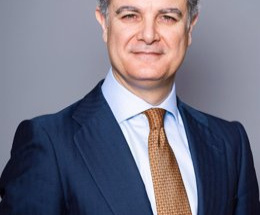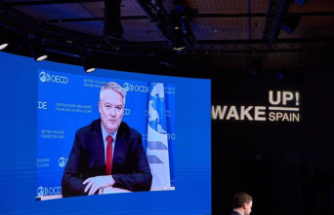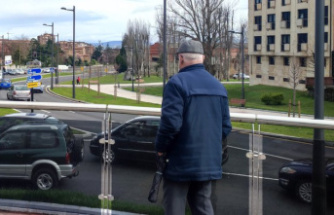The debate on the effects of glyphosate on health is far from being settled. A parliamentary report explosive which will be unveiled this Thursday could start again. While a wide majority of the French call for its prohibition (81% of the people interviewed by Odoxa think it should be "ban glyphosate"), a report of the senators who will be published on Thursday finds that none of the "scientific study does not prove formally its carcinogenicity, nor in France, nor in Europe nor in the world," says Peter Médevielle, senator of Haute-Garonne, in an interview with La Dépêche du Midi . The parliamentary centrist adds: "the question: The glyphosate is a carcinogen, the answer is no! It is less carcinogenic than meat or red meat that are not prohibited."
" READ ALSO - The glyphosate, which is a false problem of public health
The elected and reveals the main lines of the investigation conducted by the parliamentary Office for evaluation of scientific and technological choices (OPECST) on glyphosate that he co-chairs. The report was commissioned by the commissions of economic Affairs and sustainable development to establish the nature of a carcinogenic or non of the active ingredient in Roundup manufactured by Monsanto.
Their conclusions go in the direction of a recent publication from the us agency for protection of the environment. On the 30th of April last, the institution stated that the glyphosate was not carcinogenic for the human being. "The EPA continues to find that there is no risk to public health when glyphosate is used in accordance with the standards and that glyphosate is not carcinogenic," wrote the agency in a press release. It is recommended, however, new measures to use to reduce its environmental risk and in particular the impact of the herbicide on insect pollinators.
conclusions controversialThese findings, however, go against the recent decisions of justice. In fact, the american justice has recently recognized again the role of weeding in the induction of cancer of Edwin Hardeman. The seventy-year-old californian believes that her regular use of the weedkiller Roundup Monsanto for nearly thirty years, is responsible for his non-hodgkin's lymphoma. In August 2018, a court of the State of California had condemned the firm Monsanto to pay $ 289 million (253 million euros) to Dewayne Johnson, a gardener reached the same lymphoma, a judgment that Bayer has appealed.
The molecule has also been ranked in 2015 as probably carcinogenic by the international Committee of research on cancer (IARC), an offshoot of the world health Organization (WHO). The opinion had, however, been criticized by a part of the scientific community.
" READ ALSO A potential risk of cancer for users are the most exposed to glyphosate
In the political sphere, the statements of senator Pierre Médevielle are also far from unanimous. Nathalie Loiseau, the head of the list The Republic In March, states that "a senator tells us that it is better to glyphosate than the sausage... I find it a little light." For his part, the member of the european parliament, Europe Ecologie les verts, José Bové, speaks with La Dépêche du Midi "revisionism environmental" came from the U.s.: "When some people claim that glyphosate is not dangerous, it is like those who claim that global warming is a fantasy. This speech does not hold the road".
In Europe, France, Hungary, the netherlands and Sweden are in charge of assessing the herbicide. They must make a report in June 2021.
" SEE ALSO - Victory of a farmer the French against Monsanto: "This is a strong signal to the political world"
Victory of the French against Monsanto : "This is a strong signal to the political world" - to Look on Figaro Live
Date Of Update: 14 May 2019, 00:00












